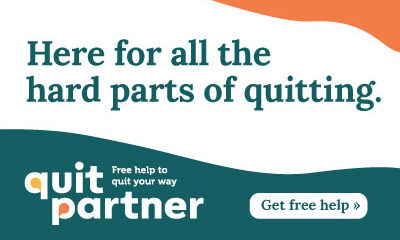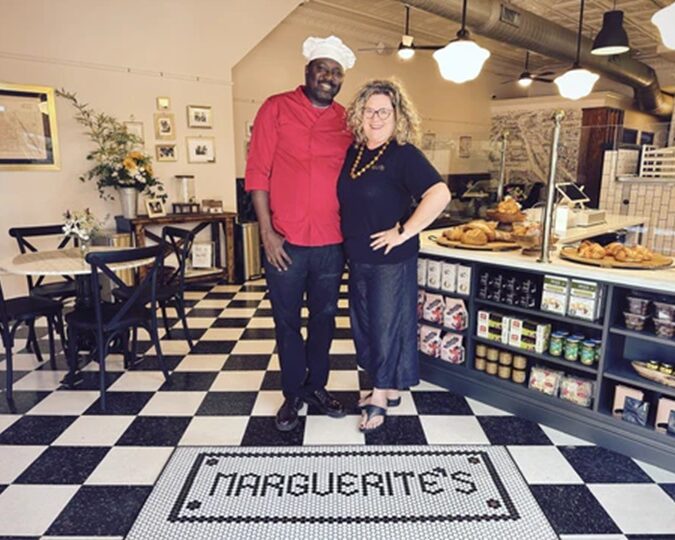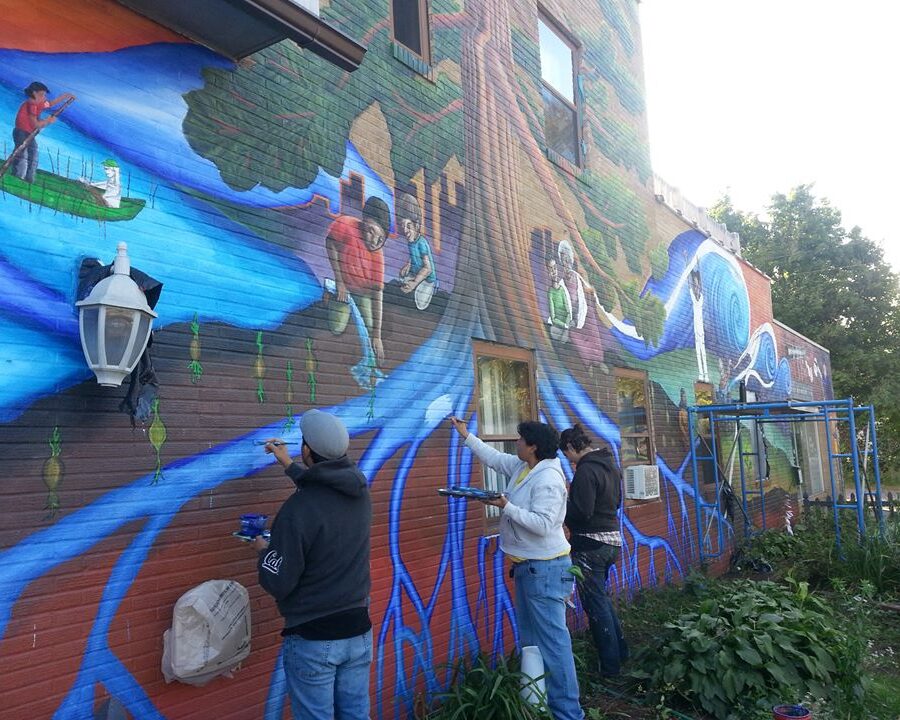BY CAM GORDON

Cam Gordon
In October, a power struggle about how to respond to groups camping outdoors came to a head, not only outside City Hall between city officials and the community, but within City Hall and the City Council itself.
Nearly four months have passed since the council voted to work on a new encampment closure policy and none has come forward. Rather, several forced evictions of encampments have occurred.
Last June, the council approved taking up Ward 10 Council Member Aisha Chughtai’s ordinance amendment to change temporary housing provisions relating to development of an encampment response policy.
In August, a U.S. District Court judge ruled that a lawsuit brought on behalf of homeless people who lost their homes during tent encampment sweeps could continue against the Minneapolis Park and Recreation Board and allowed claims that the board unlawfully seized and destroyed property to move ahead.
More recently, in October, the council held discussions on the city/county strategy to respond to homelessness and took public comment on the city’s response to encampment closures at two separate committee meetings.
On Oct. 13, the Minneapolis Advisory Committee on Housing passed a resolution urging the City Council and mayor to stop evictions of encampments.
Then, at the Oct. 19 City Council meeting, three of the newer members, Chughtai, Jason Chavez (Ward 9), and Elliot Payne (Ward1), brought forward a series of proposals to move the city toward what Payne called a “common sense humane approach to encampments.”
“We are playing whack-a-mole with people’s lives,” said Ward 2 Council Member Robin Wonsley. “We are literally destroying people’s items even though courts have told us not to, and we are doing this while we are fully aware of the harmful impacts it has on the unhoused.”
The first proposal was to stop the forced removals for six months and get a report on the full costs and health impacts of these evictions.
“Over the last few weeks, several encampments have been forcibly removed with a heavily-armed police presence, resulting in the destruction and loss of unsheltered residents’ belongings, several arrests of community members, and the creation of new encampments or growth of other existing ones,” said Chughtai. “Further, taxpayer dollars that are allocated for essential city services – police, fire, public works – are instead rerouted to assist in the planning and execution of these forced evictions. In a time when we are faced with serious shortages of staff across departments, it is a poor use of our already-limited city resources.”
The moratorium proposal failed on a 5-8 vote with the now familiar group of five: Payne, Wonsley, Chavez, Chughtai and Jeremiah Ellison (Ward 5) voting yes and the remaining eight voting no.
However, the directive for city staff to provide the council with an analysis of costs and health impacts of the forced closures within six months passed on a 9-4 vote, with Council Members Jamal Osman (Ward 6), Andrea Jenkins (Ward 8), Emily Koski (Ward 11) and Andrew Johnson (Ward 12) joining the five.
The second proposal was authored by Payne and called for updating the closure process to include counting of the number of residents in an encampment, giving notice of the closure to elected officials and social services partners, and storage of residents’ belongings. It failed with the same 5-8 divide.
“Evicting encampment residents who are experiencing unsheltered homelessness and seizing and destroying their personal property without ensuring they have adequate alternatives and resources does not solve anything,” wrote Payne about his proposal. “I think everyone agrees our current policies and practices around encampments are not working for anybody.”
The third encampment proposal at the meeting, brought forward by Chavez, directed city staff to analyze the existing practices of the city and make recommendations by the end of the year for non-police or minimal police involvement in future camp closures. That motion passed on an 8-5 vote, with Osman, Jenkins and Johnson joining the group of five in support.
On Oct. 25, however, Mayor Jacob Frey vetoed both the actions that passed. He said that the wording did “not comport with the separation of powers in our government structure under Charter” and referred to a new provision passed in 2021 that says the council may not “usurp, invade, or interfere with the Mayor’s direction or supervision of the administration” and may not “attempt or purport to direct or supervise” executive branch employees. The actions will come back to the council at their next meeting on Nov. 3. Nine votes are needed to override a veto.
Sheila Delaney, a housing advocate originally from New Orleans, was at the council meeting and has thought a great deal about encampment policies. She worked extensively to help the city respond to encampments during the pandemic and was an advocate for the creation of the Avivo tiny-home indoor village now operating in Minneapolis.
Delaney is concerned that the city allows encampments to linger too long without any interventions related to safety. “Then the inevitable issues develop and the city steps in with massive force to address what they had left unaddressed in some cases for years,” she said.
Delaney points to one encampment closure that was on private property that could serve as a model for a new policy. With the cooperation of the property owner, and the involvement of the city and county working with a nonprofit shelter provider, it was closed peacefully with no police involvement. It included the leadership and coordination of the American Indian Community Development Corporation, which established a service center at the camp with culturally specific security, onsite internet service, and social service workers coming to do individualized assessments and develop alternative housing plans for the campers. Delaney recalls how the camp ended with “the incredibly peaceful and successful three-week service deployment by AICDC at the encampment in Seward on private property.”
As the city is considering new policies for camp closures, Delaney said that the most important things to consider include “services, equal enforcement of the law, centering vulnerable people, culturally specific interventions,” and centering efforts on the “people experiencing homelessness.”
“I believe that the most important things are accessible services being consistently present and the drive to make encampments obsolete rather than just close them only to force people to simply set up somewhere else,” Delaney said. “We have to bolster public housing and innovations related to reducing development and construction costs. Also, we need safe injection sites.”
When asked about the Avivo indoor village project, Delaney said “it’s fantastically successful and actually Duluth has followed their model and is adding to it in that they are serving the same number of people (100) but are creating four different 25-bed sites that are culturally specific.”
Clearly the council will be continuing to work on this in the future. Even a moratorium could be revisited.
At the end of the council meeting, after all the votes had been taken, Wonsley announced that she will be proposing amendments to the city’s temporary housing ordinance that prohibits camping in the city. “City attorneys have suggested that amending this ordinance would provide us the legislative path to pausing these evictions until a plan to deal with unhoused individuals in a humane outcome-based way is brought forward,” Wonsley said.
























